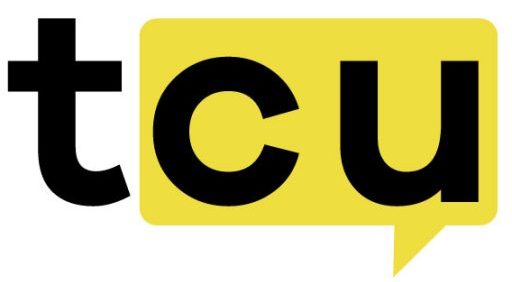Government Bitcoin Holdings Pose Market Risks
OKX’s global managing partner for government and investor relations, Haider Rafique, has raised serious concerns about the idea of national Bitcoin strategic reserves. He thinks such government holdings could actually work against Bitcoin’s core principles and potentially damage both BTC markets and the US dollar’s stability.
Rafique pointed to a pretty obvious problem: when governments control large portions of the Bitcoin supply, they gain the power to manipulate prices. They could just dump their holdings onto the market whenever they want, which kind of defeats the whole purpose of Bitcoin being this neutral, decentralized form of money. It’s a fair point, really.
The German Government Example
He brought up what happened with Germany earlier this year as a perfect example. The German government sold off about 50,000 Bitcoin, and that selling pressure kept prices stuck below $60,000 for a while. It shows how government actions can directly impact the market in ways that individual holders just can’t.
What worries me is the political angle Rafique mentioned. What happens when a new administration comes in and decides the whole Bitcoin reserve thing was a bad idea? They might just liquidate everything, causing massive market disruption. It’s not like governments have the same long-term thinking that individual Bitcoin holders might have.
Broader Financial System Implications
But the risks might go way beyond just crypto markets. Rafique thinks establishing a Bitcoin reserve could create contagion effects throughout the entire financial system. The most significant impact, he suggests, would be a loss of confidence in the US dollar itself.
Think about what that signals to the world. If the United States starts building up Bitcoin reserves, it’s basically admitting that the dollar – which underpins the entire global economy – isn’t strong enough to maintain its value on economic fundamentals alone. That’s a pretty big deal.
We could see investors fleeing the dollar for traditional safe havens like gold or the Swiss franc. And when that happens, risk-on assets would likely get dumped too, creating this cascade of liquidations across financial markets. It could potentially lead to a pretty significant market crash as everything adjusts to this new reality.
The Bitcoin Reserve Debate Continues
Despite these warnings, the idea of Bitcoin strategic reserves remains popular among many Bitcoin advocates. They see it as the next logical step toward making Bitcoin the global reserve currency and standard monetary unit. But Rafique’s concerns highlight that the path forward might be more complicated than it first appears.
It’s interesting to think about – on one hand, government adoption could bring legitimacy and wider acceptance. But on the other hand, it might undermine the very qualities that make Bitcoin valuable in the first place. Finding that balance between adoption and maintaining Bitcoin’s core principles is going to be tricky, I think.
![]()


